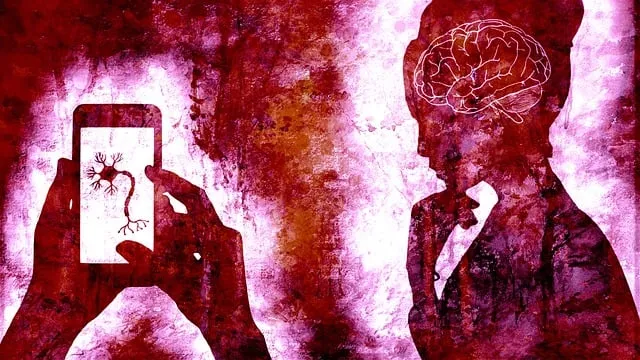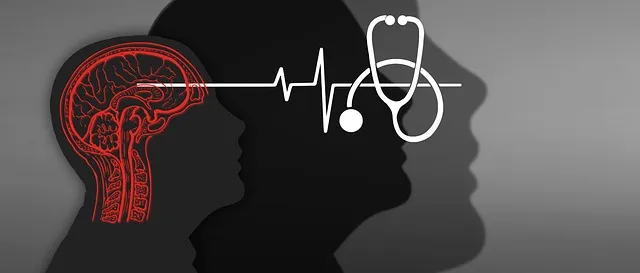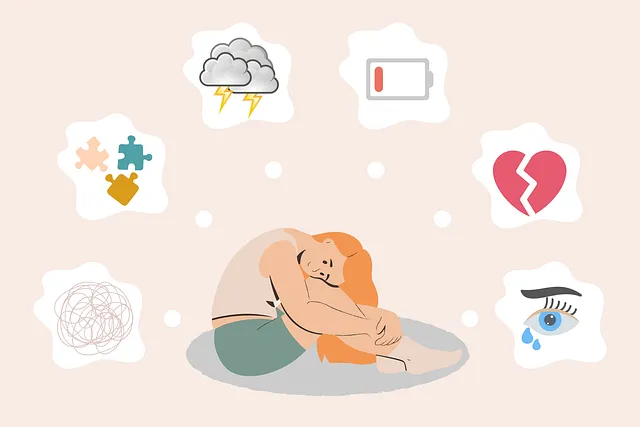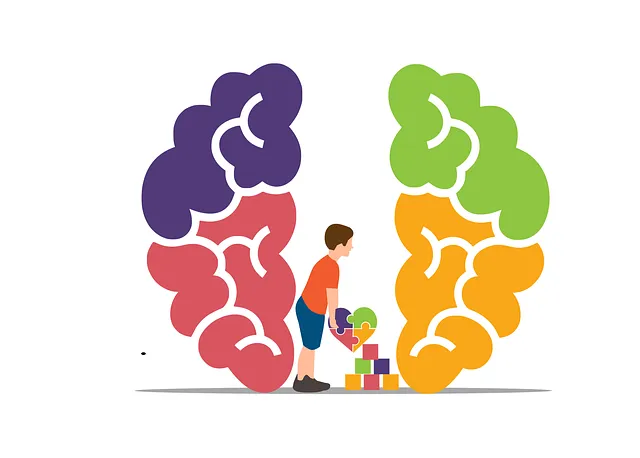Wheat Ridge Kaiser Permanente behavioral health services combat mental illness stigma through inclusive care, crisis intervention, mindfulness meditation, and social skills training. They engage the community with educational workshops, awareness campaigns, and support groups to reduce judgment, promote understanding, and ensure equal access to quality mental health care for all. Their holistic approach, combining evidence-based therapies and cultural sensitivity, fosters a compassionate society where individuals with mental illness feel supported and empowered in their recovery journey.
Mental illness stigma remains a significant barrier to accessing quality mental healthcare. This article explores targeted efforts to reduce this pervasive social construct, examining its profound impact on individuals’ willingness to seek support. We highlight innovative practices like Wheat Ridge Kaiser Permanente’s Behavioral Health Services, which has pioneered inclusive care models. Additionally, we delve into the effectiveness of educational initiatives and community engagement strategies aimed at promoting mental health awareness and fostering supportive environments.
- Understanding Stigma and its Impact on Mental Health Care Access
- Wheat Ridge Kaiser Permanente Behavioral Health Services: A Model for Stigma Reduction
- Educational Initiatives: Breaking Down Barriers and Promoting Awareness
- Community Engagement and Support Groups: Fostering an Inclusive Environment
Understanding Stigma and its Impact on Mental Health Care Access

Stigma surrounding mental illness is a significant barrier to individuals seeking help for their well-being. It often manifests as negative attitudes and beliefs, leading to discrimination and social exclusion. This can be particularly detrimental in communities where access to mental health care is limited. Many people struggling with their mental health avoid seeking professional support due to the fear of judgment or being labeled as ‘crazy’. Such stigma not only prevents individuals from receiving much-needed treatment but also contributes to a cycle of isolation and worsening symptoms.
At Wheat Ridge Kaiser Permanente behavioral health services, we recognize the critical role we play in combating this issue. Our team is committed to providing inclusive care while promoting understanding and empathy through various initiatives. This includes offering guidance on crisis intervention techniques, encouraging practices like mindfulness meditation for stress reduction, and implementing social skills training programs to foster supportive environments. By addressing stigma directly, we aim to ensure that all individuals, regardless of their background or challenges, can access the quality mental health care they deserve.
Wheat Ridge Kaiser Permanente Behavioral Health Services: A Model for Stigma Reduction

Wheat Ridge Kaiser Permanente’s Behavioral Health Services stand as a beacon of hope in the ongoing battle against mental illness stigma. This comprehensive program offers a unique blend of clinical excellence and community engagement, demonstrating a model approach to reducing stigma through various initiatives. By integrating evidence-based therapies with innovative outreach strategies, they’ve successfully created a supportive environment that encourages open conversations about mental health.
Their success lies in recognizing the interconnectedness of mental health policy, burnout prevention for healthcare providers, and cultural sensitivity. They actively involve community leaders and advocates to shape their services, ensuring cultural responsiveness. Additionally, through educational workshops and awareness campaigns, they empower both patients and providers with knowledge, fostering a more compassionate and understanding society.
Educational Initiatives: Breaking Down Barriers and Promoting Awareness

Educational initiatives play a pivotal role in reducing stigma surrounding mental illness. Organizations like Wheat Ridge Kaiser Permanente behavioral health services are at the forefront of this movement, offering programs that foster self-awareness exercises and emotional healing processes. By providing resources and knowledge about various mental health conditions, these efforts aim to dispel myths and promote understanding. Mental Health Awareness campaigns, led by such institutions, often include workshops, seminars, and community discussions designed to educate individuals on recognizing signs of distress and how to offer support without judgment.
These educational initiatives are instrumental in breaking down barriers between people suffering from mental health issues and the rest of society. They encourage open conversations about emotional well-being, normalizing discussions around therapy, medication, and other treatment options. Through sustained efforts in Mental Health Awareness, communities become more inclusive, ensuring individuals with mental illness feel less isolated and more supported in their journey towards recovery.
Community Engagement and Support Groups: Fostering an Inclusive Environment

In reducing the stigma surrounding mental illness, Community Engagement and Support Groups play a pivotal role. Organizations like Wheat Ridge Kaiser Permanente behavioral health services have recognized the power of collective support in fostering emotional healing processes. By creating inclusive environments, these groups offer safe spaces where individuals can openly discuss their experiences without fear of judgment or discrimination. This sense of belonging is crucial in promoting Emotional Intelligence, enabling members to understand and manage their emotions more effectively.
Moreover, regular interactions within these groups facilitate burnout prevention by providing a network of peers who share similar struggles. The shared experiences create a supportive tapestry where members can find solace, gain insights, and offer encouragement. This sense of community not only bolsters mental health but also empowers individuals to challenge societal perceptions, thereby contributing significantly to stigma reduction efforts.
Mental illness stigma reduction is a multifaceted approach that involves education, community engagement, and innovative healthcare models. As demonstrated by Wheat Ridge Kaiser Permanente behavioral health services, integrating specialized care with supportive communities can significantly improve access to mental health support. Through educational initiatives that promote awareness and break down barriers, along with engaging support groups, we can foster an inclusive environment where individuals feel comfortable seeking help without fear of judgment. These collective efforts are crucial in ultimately reducing stigma and enhancing the overall well-being of our communities.






